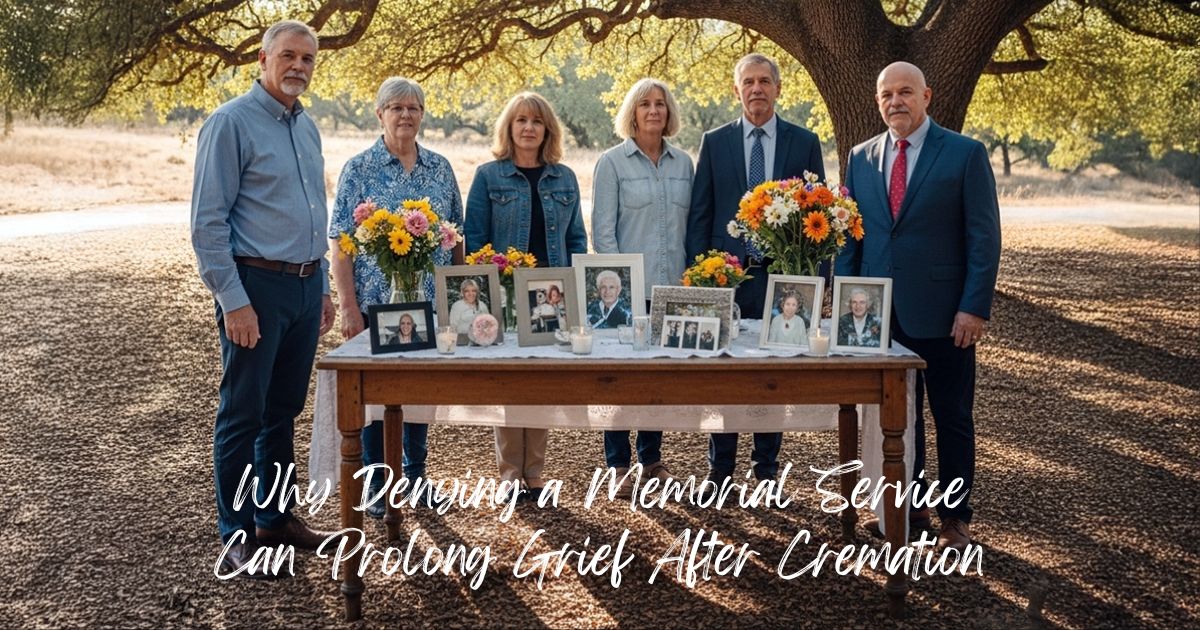.png)
Want to learn more? Listen to the podcast discussing this blog post.
Grief is a deeply personal experience, and its expression varies widely from person to person. While we often associate grief with sadness and tears, it can manifest in many other ways. Recognizing these diverse responses is crucial for both those who are grieving and those who wish to offer support.
Apathy and Quiet Processing
In some instances, particularly when the relationship with the deceased was not close, grief may present as apathy or withdrawal. The individual may appear quiet, reserved, and seemingly unaffected. It's important to remember that this outward presentation doesn't negate their internal experience of loss. They may be processing their grief more internally, and it's essential to respect their need for space and quiet reflection. Offer your support, but don't pressure them to express emotions they may not be ready to share.
Anger and Frustration
Grief can also manifest as anger. The bereaved may direct this anger towards various targets – the deceased for leaving them, friends and family for their perceived inadequacy in providing support, or even themselves for perceived shortcomings. Patience and understanding are crucial when interacting with someone experiencing grief-related anger. Remember that their words and actions may be fueled by intense emotions and may not reflect their true feelings toward others. Try to be a compassionate listener and offer a safe space for them to vent their frustrations.
Relief, Peace, and Acceptance
When a loved one has endured a prolonged illness or lived a long and fulfilling life, grief may be accompanied by feelings of relief, peace, or even joy. This response is particularly common in situations where the deceased experienced significant suffering. Some religious and spiritual beliefs also provide comfort by framing death as a transition to a better place. It's important to acknowledge and validate these emotions, recognizing that they are a natural part of the grieving process for some individuals. Avoid judging these responses or suggesting that the individual should be feeling something different.
The Uniqueness of Grief
It's crucial to remember that there is no single "right" way to grieve. Some individuals may express their emotions openly, while others may internalize them. Some may experience a range of intense emotions, while others may feel a more subdued sense of sadness. Understanding and accepting these diverse expressions of grief can foster empathy and provide a foundation for offering meaningful support to those navigating loss.
Supporting Others in Grief
When offering support to someone who is grieving, it's important to avoid making assumptions about how they should be feeling or acting. Instead, focus on active listening, offering practical assistance, and respecting their individual needs and preferences. Remember that grief is a journey, not a destination, and everyone moves through it at their own pace.
Seeking Professional Guidance
If you or someone you know is struggling with grief, remember that seeking professional help is a sign of strength, not weakness. Grief counselors and therapists can provide specialized support and guidance to help individuals navigate their emotions and develop healthy coping strategies.





